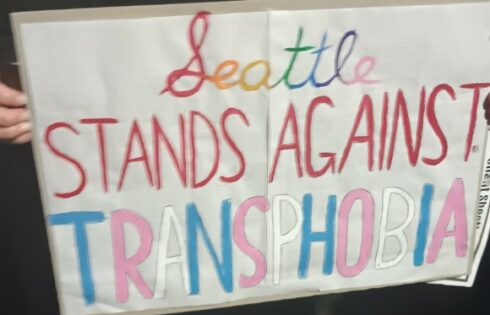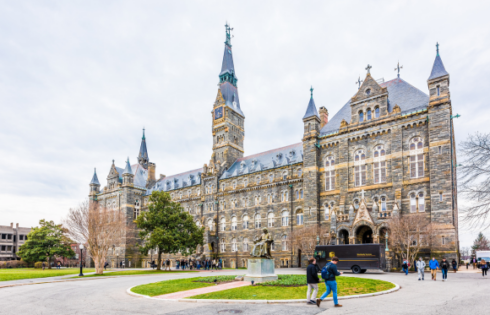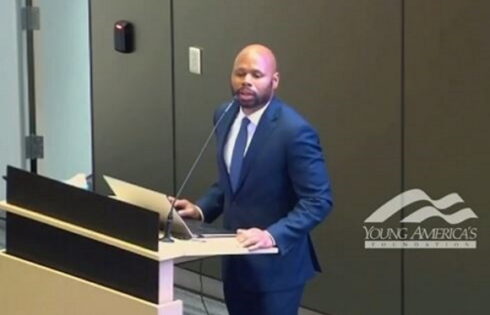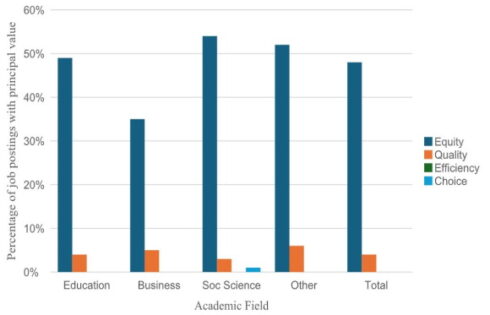Black students in the south are losing their HOPE scholarships at disproportionate rate compared to whites. HOPE scholarships, often funded by state lotteries, are designed to help low income students afford college. But students are required to maintain a 2.75 GPA in order to keep the scholarships. The retention rate for black students, as of 2007, was only 32%.
These statistics were published in the Journal of Education Finance, in an article by Charles E. Menifield, a professor of public and non-profit administration at the University of Missouri at Columbia. Menifield has attracted some attention with his pointed, and, some would say, politically-incorrect words about underachievement among black students, especially black males.
In reference to blacks retaining their scholarships at a lower rate, Menifield wrote, “If I had to singularly blame somebody, I would have to blame the African American male, because ultimately they have control of their G.P.A.s. And I have no issue going on record as saying that they should seriously prioritize why they are in college.”
According to Inside Higher Ed, “Low-income black students who do receive HOPE scholarships ‘can’t use [their] background as a crutch for poor performance,’ said Menifield, an African-American son of a farm laborer who supported four children and a wife on just $9,000 a year.”
Menifield argues that while scholarship programs such as the HOPE scholarship do increase access to higher education, these programs do not necessarily translate to academic success for all black students. Ensuring academic success requires addressing broader cultural problems. “That’s why the solution to this problem has to be a holistic one,” Menifield told Inside Higher Ed, “because I’m saying a specific type of black male is losing their scholarship. So the ones that don’t fit these criteria – those aren’t the ones I’m concerned about.”
Ultimately, Menifield’s study suggests that simply throwing money at the problem won’t fix the black educational gap. Instilling the right kind of values and character, and motivating black males to take advantage of their educational opportunities, will take effort from mentors, religious leaders, and, above all, parents.
Too often, racial achievement gaps are Taboo topics in our society. Hats off to Menifield for bringing up this controversial issue in a spirit of honest inquiry. The fact that Menifield is a black male himself may give him more political leeway to talk openly about these issues, but black underachievement is not a “black problem.” It harms all of us–no matter what color–and encouraging more open dialog about this issue is the surest way to get on the path to a solution.
More on Menifield’s study here.
Click here to Like The College Fix on Facebook.






Please join the conversation about our stories on Facebook, Twitter, Instagram, Reddit, MeWe, Rumble, Gab, Minds and Gettr.